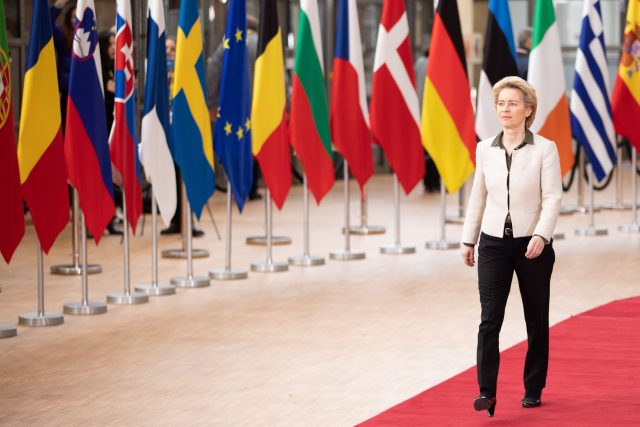
Between June 7 and 9, 2024, all European citizens with the right to vote were summoned to their respective polling stations to elect the composition of some European institutions for the next 5 years.
As is well known by all, the results showed few novelties or, better said, surprises, in the results that have therefore the composition of the new European Parliament. While the European People’s Party only managed to add seven MEPs, the Socialists and European Democrats lost support and nine parliamentarians. The European Conservatives and Reformists, on the other hand, have increased the number of votes, this has meant, therefore, in an increase, also, of seven seats in the European Parliament. The liberals of Renew Europe, on the other hand, lost almost 30 MEPs, similar to the result suffered by The Greens, who lost 21 representatives. Identity and Democracy have gone from holding 62 seats in the Parliament to 58. Finally, the mix of MEPs that make up the section of the Non-attached Members total 45, far from the 57 they were in the last legislature.
This scenario, therefore, shows, on the one hand, the demands that European citizens have for a new direction in the Union’s policies. More conservatism and more protectionism, which would once and for all highlight the need for European industry, as well as its markets, to once again become a class of its own in the global configuration. On the other hand, there seems to be no movement on the part of the European People’s Party to change the historic coalition it has maintained with the European Social Democrats to govern both the Commission and the Euro Parliament. However, the European Union, the cradle of democracy, must accept that the political inclinations of European citizens are changing and that, therefore, it must open the possibility, on its own initiative, to try governmental formulas that reflect the social majority that voted last weekend in June.
The European Parliament, in order to adopt any decision, including the election of the President of the European Commission, as it will do during the next 16, 17, 18 and 19 July, needs an absolute majority that endorses a significant number of positions of the European society. In other words, out of 720 MEPs, the next candidate, or rather, according to all estimates, the next female candidate, will need at least 361 votes in favor to become the new president of the European Commission.
In recent days, it is observing a turn of the popular Ursula Von der Layen to try to cajole The Greens so that they can contribute their abstention, as they did in the previous legislature. However, it is necessary to warn that this would only bring more problems for the normal continuity of the next five legislative years. In other words, trying to convince a group that has lost 21 MEPs and dodging the possibilities of counting on the European Conservatives and Reformists, which, together with the EPP, has been the only group that has considerably increased its percentage of votes, would be a mistake that would be regretted by all European citizens.
It is true, however, that it seems very difficult to achieve an alliance of right-wingers who put at the center the care of European citizens, the security of borders and the sovereignty of each State, respecting European competitiveness and the Common Market and claiming our position as key players in the geopolitical field for the next composition of the European Commission. This conclusion derives, directly, from the number of MEPs and the parliamentary arithmetic, in which the Christian Democrat and Conservative groups do not manage to reach the 361 votes in favor which, as mentioned, are necessary to obtain an absolute majority.
These questions of Parliamentary mathematics should not confuse the future candidates for the Presidency of the Commission, since they would be making a mistake if they leave aside the only force, apart from the EPP, which has achieved positive results with respect to previous elections, because they would be leaving aside more than 10% of the voters of the European Union.



 Subscribe
Subscribe